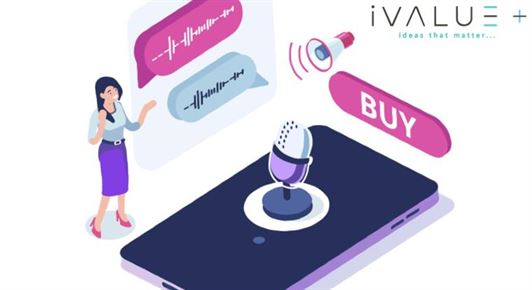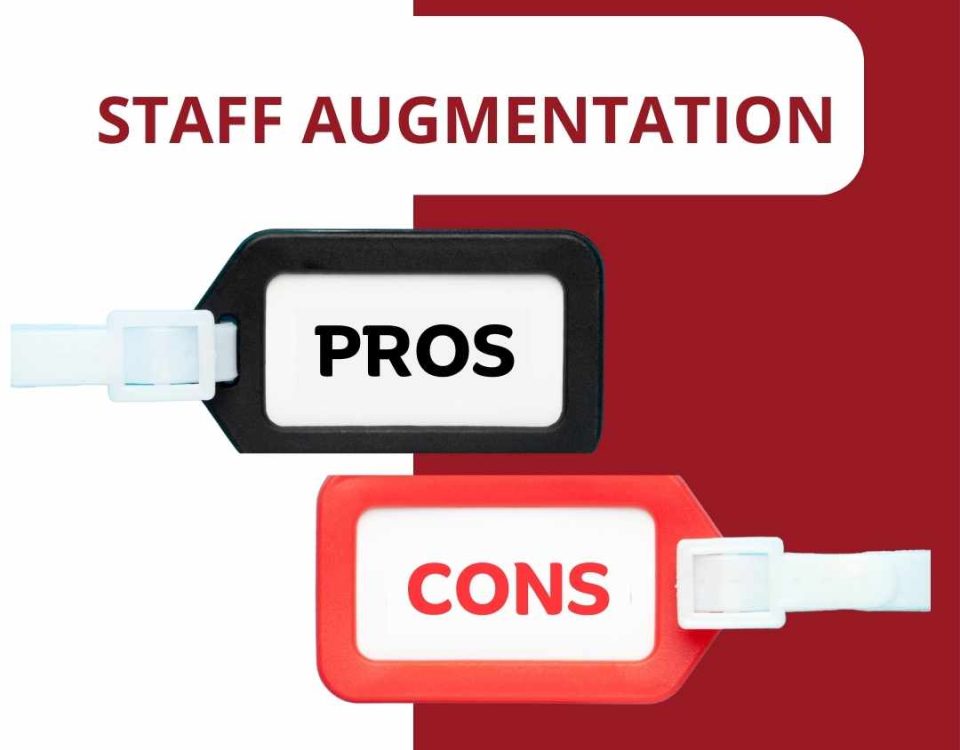
What is Self-Improvement?
July 17, 2020
Personal Wellness Routines for Everyday Life
July 17, 2020Rise of Voice Commerce
What is Voice Commerce?
Voice commerce is gathering pace as the preferred method for making purchases. This broad term includes any interaction between a website and a customer that incorporates voice recognition technology. As opposed to making buying choices by a point and click method, selection is made with voice commands – spoken with words and phrases. According to Future Shopper 2018 survey, 55% of online consumers would be comfortable shopping by voice with no website or store involvement, which indicates that this is a growing trend that could be a huge market in the very near future.
It actually started with ‘Hey Siri’ and ‘Ok Google.’ Though the voice-based search was introduced by Google way back in early 2011, the digital voice assistants made things easy for many.
With other big players like Amazon (Alexa) and Microsoft (Cortana) jumping into the bandwagon with their digital assistants, voice responses have evolved from answering basic query like weather to more complex tasks like online shopping, leading to “Voice Commerce.”
Voice commerce is a functionality that enables customers to make purchases through voice commands on portable devices. Users tell their device what product to look for, and it searches it on the web. Smartphones and tablets powered with virtual assistants, such as Siri and Google Assistant, and smart speakers such as Amazon Echo and Google Home, are the main devices that facilitate voice technology interaction.
Integrating Voice Commerce
It’s estimated that, by 2022, the voice commerce market will be worth £40 billion approx. This actually indicates that we are moving away from screens as the primary interface for e-commerce and towards a screen-less process instead. The infrastructure to support this move is already in place thanks to the popularity of smart speakers, according to Nielsen.
Nielsen’s latest study also indicates that 24% of households own a smart speaker, and 40% of those actually have more than one. The trend towards owning a smart speaker, such as Amazon’s Echo, Google’s Home speaker, and Apple’s HomePod, is one that has gathered a lot of momentum in the recent months. According to the Nielsen study, almost two thirds of smart speaker were bought in the last six months.
Voice Commerce Popularity
Consumer habits have rapidly changed throughout the years. The following voice commerce statistics are very insightful. A survey conducted by Ipsos Connect in 2018 showed that about 9% of smart speaker owners in the UK use their voice assistants to shop online. In 2019, the table completely turned, though. Research conducted on behalf of Artefact UK revealed that about 60% of smart speaker owners have used them to make a purchase. The same survey even highlighted that 28% of consumers suggested that they could use them for booking tickets.
Reuters Digital News Report says that smart speaker adoption in 2019 witnessed a 14% increase compared to last year. On top of that, the BBC conducted thorough research in to smart speakers, reveals that 76% of respondents either own or have daily access to smart speakers.
Voice commerce has not reached full momentum yet. On the contrary, a recent survey from Attest showed that 44% of UK consumers used their voice-assisted speakers to create a shopping list. 37% of them used their smart speaker to research a product before buying it, leaving a mere 20.5% that actually made a purchase using their voice assistant.
As voice commerce begins to grow and become better established, this will require brands to adapt to this changing landscape, as it will have a huge impact in a number of different ways. For example, it will affect how consumers search for products and the choices they make, and it will require changes to be made to the way it is approached to stimulate consumers into buying.
A switch from visual to audio will also require brands have to reconsider how to engage customers with a brand identity that needs to be built around voice and personality. Finally, the rise in voice commerce will also make data and the use of machine learning extremely important when it comes to the timing and methods of customer targeting.
Voice commerce represents a significant shift in the way that consumers interact with various brands – and it’s a change that is trending. As well as the adjustments that need to be made, there are real opportunities in exploring this new means of communication, too. According to Wunderman Commerce’s Head of Innovation, Naji El-Arifi advises: “Brands need to be thinking about what their offering is going to be in the next couple of years when voice becomes a major interface. You have to have a plan of how customers are going to interact with your brand using voice, especially as it will completely change how brands and customers interact.”
The future of voice commerce
The capabilities of voice assistants are sure to improve with time. Consumers can expect better word detection and more flawless interactions. With IoT (internet of things) devices on the rise, voice assistants will be more prevalent and available across various touch points, from the car to the smart fridge. OC&C consultants reported that voice shopping is currently seen as a sales channel that accommodates typically low-value purchases, such as essential items, electronics and home-ware. Once more brands join the smart speaker pack and invest in their skills, combined with the improving voice assistants, conversational commerce could evolve in to an experience for customers rather than a tiresome habit.
Voice Search is one of the most hyperactive customer touch points right now and that’s for many reasons.
- It’s fast. Searching with your voice is way faster than typing – Bing.
- It’s conversational, allowing consumers to search in natural language. 70% of searches on Google Assistant use “accepted” language – Google.
- It’s at the centre of the home controlling home automation systems through speaker.
- It’s become a part of the daily routine.
- It establishes a more human-like association with technology.
- And finally, it’s super convenient.
All the above-mentioned factors make it convenient as it is super user-friendly, convenient and fast.
Some brands are already pulling ahead
While few brands are still working on their voice strategy, including the skills that need to be developed, several are paving the way:
- Campbell’s Soup was the first consumer brand to create an Alexa skill in 2015 to share recipes with users. The skill has not only produced a noticeable rise in Google searches, but also allows Campbell’s to access user interaction data.
- Dominos, long at the forefront of customer experience, rolled out a pizza ordering skill that offers a simple yet competent online ordering experience for its customers. About 20% of one-click orders come through Alexa. Which is significant, given that 65% of Domino’s US sales come from digital platforms.
- Butterball provides expert cooking tips and turkey preparations to its customers all year round with their Alexa skill, including a pep talk option. It even builds its brand by not using the default Alexa voice, but uses voice of its Turkey Talk-Line experts: Beth, Marge, and Christopher which is great.
One thing all of these examples reveal is that voice is not just about skills. To succeed in voice, brands need to consider how conversational interfaces can align and extend their existing business practices, with the goal of improving the overall consumer experience.
AI is helping search engines understand voice search better – the Bert model
The way users search is very simple, but it is quite the opposite while trying to make sense out of it. Processing search queries are more complex when an algorithm has to understand a conversational tone.
Voice search started using NLP (Natural Language Processing) and, in 2012, Deep Neural Networks (DNNs) to improve the capability to understand better.
Google tried and tested different models to train neural networks to come up with faster and more accurate results.
The BERT (Bidirectional Encoder Representations from Transformers) model, which Google introduced in 2018, authorized individuals to train state-of-the-art- answering systems.
Furthermore, on 25th September 2019, Google introduced the BERT model into its search algorithm, Rank Brain. Basically, the BERT model works by analysing words and its relation with all other words in the search query. A holistic approach helps the algorithm understand better and recognize the intent.
When the spoken language is English, Google’s speech recognition technology has a 95% accuracy rate.
Local businesses are the first wave beneficiaries
Among people in the age bracket of 18 to 64 years, 32% use voice search and 52% of them make use of voice search while driving a car.
A majority of people who search through voice on the go are looking for local businesses like grocery stores, pharmacy store, restaurants, spa, electronics, clinics, and more. Such local searches set in the form of questions give rise to question phrases or keywords.
Most of the questions related to locating a local business are done using keywords like “Where” and “Near Me,” “Local,” “Nearby,” while the other actions are like table booking, appointment, reservations, etc. Local businesses could claim their ‘Google My Business’ (GMB) profile and make sure the Name, Place, and Address information is 100% accurate in all the business listings created on various sites.
Focussing on optimizing content for Google Rich Snippets, using a conversational tone in content, considering question phrases and relevant keywords are a few among many ideas to optimize for SEO advantage in voice search rankings. More than 70% of voice search results will rank in the top 3 positions for a particular question on a desktop search.
Takeaway
Retail is one sector that can greatly benefit from the trend that comes with voice assistants. Nearly half of smart speaker owners feel that they aren’t getting the most out of their device, according to Artefact UK research.
Amazon, as an eCommerce business, has experimented with Alexa, offering its Prime subscribers’ access to some of its best offers through their smart speaker devices. Retailers such as Morrisons and JD Sports have built Alexa skills to enable smart speaker owners to buy their groceries or athletic gear through their device. This is an opportunity for innovative retailers and eCommerce businesses to get ahead of the game through branded skills that cater to consumers’ needs and offer an overwhelming experience.
Voice search is still a rising trend and has a long way to go in terms of improving its accuracy, understanding dialects, and so on. Tech giants need to cater to that. As an eCommerce retailer, it is better they start optimizing the voice search so that they don’t outrun their competition in voice search rankings and turn their brand voice commerce friendly.
References:
https://www.sitecore.com/knowledge-center/blog/2020/01/rise-of-voice-commerce
https://www.emerchantpay.com/insights/voice-commerce/
https://www.ziffity.com/top-4-voice-commerce-trends-for-2020/








